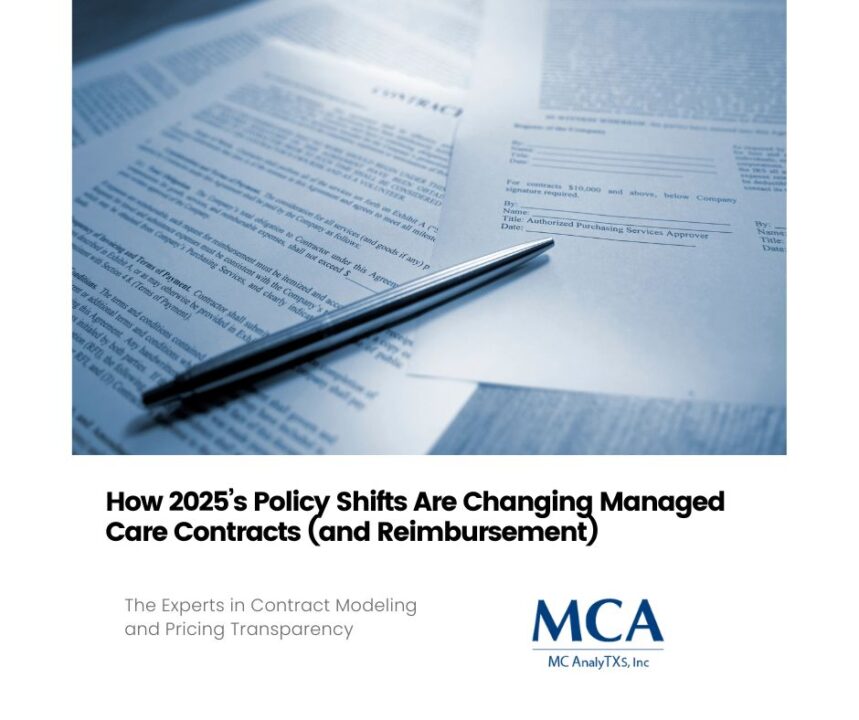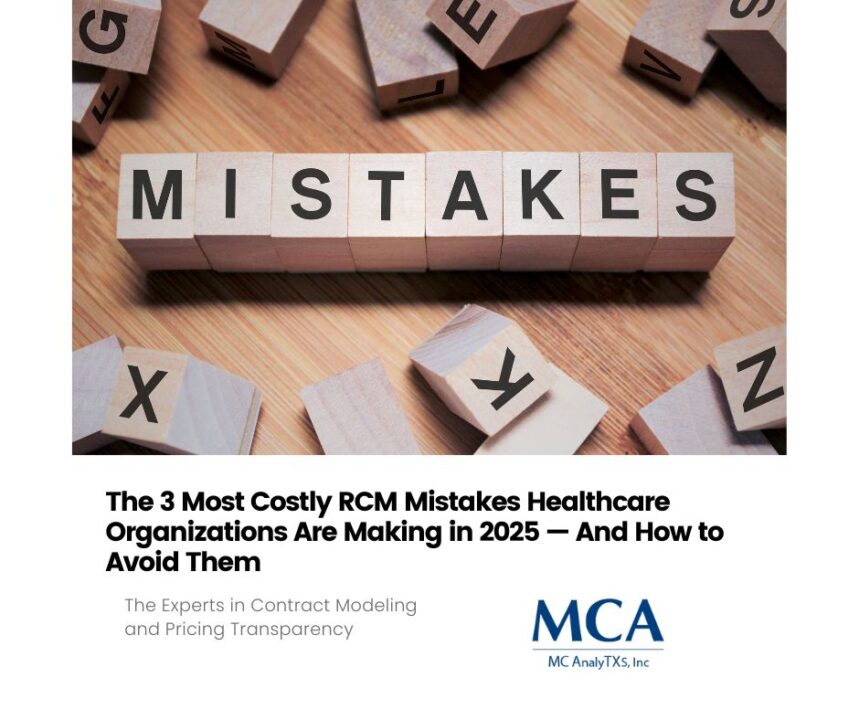
Setting New Revenue Cycle Management Goals for 2024
January 1, 2024
Why Billing Efficiency Shouldn’t Be Left Out of Healthcare Financial Improvement Plans
January 5, 2024The healthcare industry is constantly changing and evolving. The Revenue Cycle Management (RCM) industry is no different. As we approach 2024, various predictions have been made about the future of RCM. These predictions are based on the current state of the industry and expected trends that will shape the healthcare landscape. In this article, we will explore the top 2024 predictions for the future of RCM.
Artificial Intelligence: Artificial Intelligence (AI) is expected to have a significant impact on the RCM industry by 2024. AI can automate many RCM processes, reduce claim denials, and improve revenue cycle efficiency. AI-powered analytics can also help healthcare providers better understand their financial performance by identifying trends and patterns in patient data that were previously undetectable. The use of AI in RCM will continue to grow as it becomes more advanced and affordable.
Greater Focus on Patient Experience: By 2024, there will be an increased focus on the patient experience. Healthcare providers will place a greater emphasis on providing a positive patient experience, which will include streamlined billing processes, more transparent pricing, and better communication. To improve patient experience, RCM professionals will need to work closely with clinicians to understand what patients want and need from their healthcare providers.
Greater Integration with EHRs: By 2024, more healthcare providers will be using electronic health records (EHRs) to manage patient information. RCM software will need to integrate seamlessly with EHRs to improve the efficiency of billing and claims processing. This integration will reduce the number of errors and create a more streamlined process for both providers and patients.
Reduced Dependence on Paper: By 2024, the healthcare industry will become more reliant on digital records and processes. This means less paperwork and fewer manual workflows. The use of digital records will reduce errors and improve the efficiency of billing and claims processing. This shift to digital records will require healthcare providers to invest in new technologies and systems, but the benefits will outweigh the costs in the long run.
Increased Collaboration: By 2024, RCM professionals will need to work more closely with other healthcare professionals to improve outcomes. This includes collaboration with clinicians, pharmacists, and other healthcare providers. Improved collaboration will lead to more accurate patient information and more efficient billing and claims processing. It will also lead to better patient outcomes and a more positive patient experience.
Conclusion:
The RCM industry is rapidly evolving, and by 2024, we can expect to see significant changes in the industry. Artificial Intelligence, greater focus on patient experience, greater integration with EHRs, reduced dependence on paper, and increased collaboration are all expected to shape the future of RCM. These changes will require healthcare providers to invest in new technologies and systems, but the benefits will be worth it in the long run. As a healthcare leader, it is important to keep a close eye on these trends and adapt your organization accordingly to stay ahead of the competition. By staying informed and proactive, you can ensure that your organization is positioned for success in the future.
To learn more join our upcoming webinar Thursday, January 18th at 1 pm CST.





